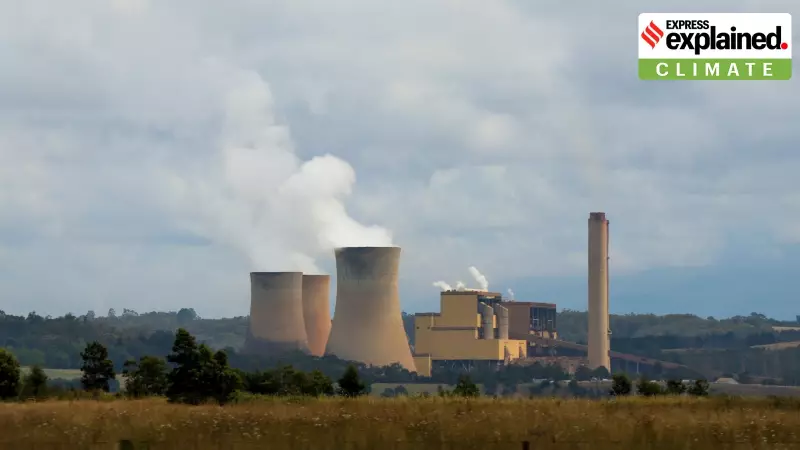
A startling new United Nations assessment has uncovered what many climate activists have long suspected: wealthy northern nations are failing to lead by example when it comes to phasing out fossil fuels, despite their strong public commitments to climate action.
The Great Climate Divide
The UN Environment Programme's latest Production Gap Report reveals a troubling reality. Developed countries, particularly those in the Global North, continue to extract and produce fossil fuels at levels incompatible with their climate pledges. This creates a significant credibility gap between their diplomatic statements and actual energy policies.
India's Stance on Climate Justice
India has emerged as a vocal advocate for equitable climate responsibility. Indian officials have consistently argued that developed nations, having benefited from centuries of fossil fuel-based development, must take greater responsibility in leading the transition away from coal, oil, and gas.
"The climate crisis cannot be solved by asking developing nations to sacrifice their growth aspirations," emphasized one Indian climate negotiator. "Those who created the problem must show the way forward."
Key Findings from the Report
- Wealthy nations plan to produce 110% more fossil fuels by 2030 than consistent with 1.5°C warming limits
- The United States, Canada, Australia, and European nations continue approving new fossil fuel projects
- Global fossil fuel production in 2030 needs to decline by 69% to meet Paris Agreement targets
- Current policies would increase coal production until 2030 and oil and gas production until 2050
The Road to COP29
As world leaders prepare for the next UN climate conference (COP29), this report adds urgency to discussions about equitable burden-sharing. Developing countries are demanding that developed nations not only reduce their own fossil fuel production but also provide financial and technological support for clean energy transitions in the Global South.
The findings underscore that climate leadership requires more than ambitious emission reduction targets—it demands concrete action to phase out the fossil fuel production that drives the climate crisis.





